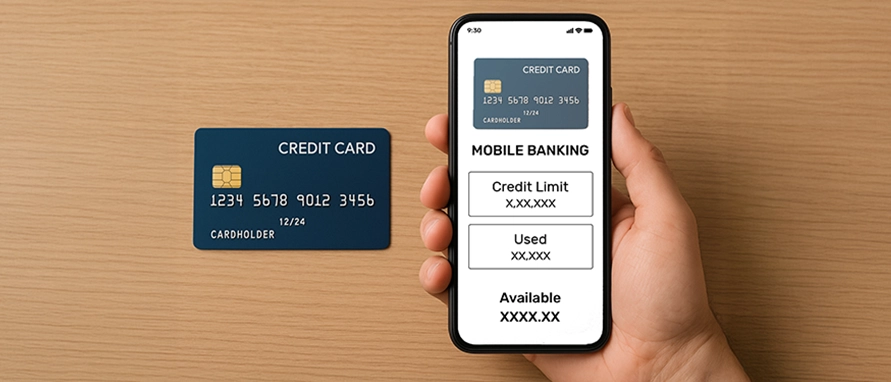Exceeding your credit limit can trigger a chain of costly and inconvenient consequences, affecting your finances and creditworthiness in multiple ways. Here’s a detailed look at what could happen:
Penalties and Fees
If you spend more than your credit limit, your bank may charge an over-limit fee, usually a fixed amount or a small percentage of the extra amount spent. For example, many banks charge around ₹500 plus GST as a penalty. This fee is added to your outstanding balance, increasing your overall debt. However, banks cannot charge this fee without your prior consent, and you can choose to block transactions that exceed your limit to avoid such charges.
Higher Interest Rates
When you go over your credit limit, the excess amount may attract a higher interest rate than your usual card rate. This means the extra balance will cost you more in interest charges if not paid off quickly. Over-limit spending can make your credit card debt more expensive, so it’s important to stay within your limit to avoid these additional costs.
Credit Score Impact
Exceeding your credit limit doesn’t directly get reported to credit bureaus, but it increases your credit utilisation ratio, which is the percentage of your available credit you’re using. A high utilisation ratio (above 30%) signals financial stress to lenders and can lower your credit score over time. Regularly going over your limit can damage your creditworthiness and make it harder to get loans or credit in the future.
Transaction Declines
If you exceed your credit limit and have not given permission for over-limit spending, your bank may decline further transactions until you reduce your outstanding balance. This means any new purchases or payments will be rejected, which can be inconvenient, especially during emergencies. Many banks offer tools to alert you before you reach your limit, helping you avoid declined transactions.
Exceeding your credit limit can have significant financial consequences, from additional fees and higher interest rates to a negative impact on your credit score and potential transaction declines. By managing your spending carefully and monitoring your credit usage, you can protect your creditworthiness and ensure your credit card remains a valuable financial tool rather than a source of stress.
















